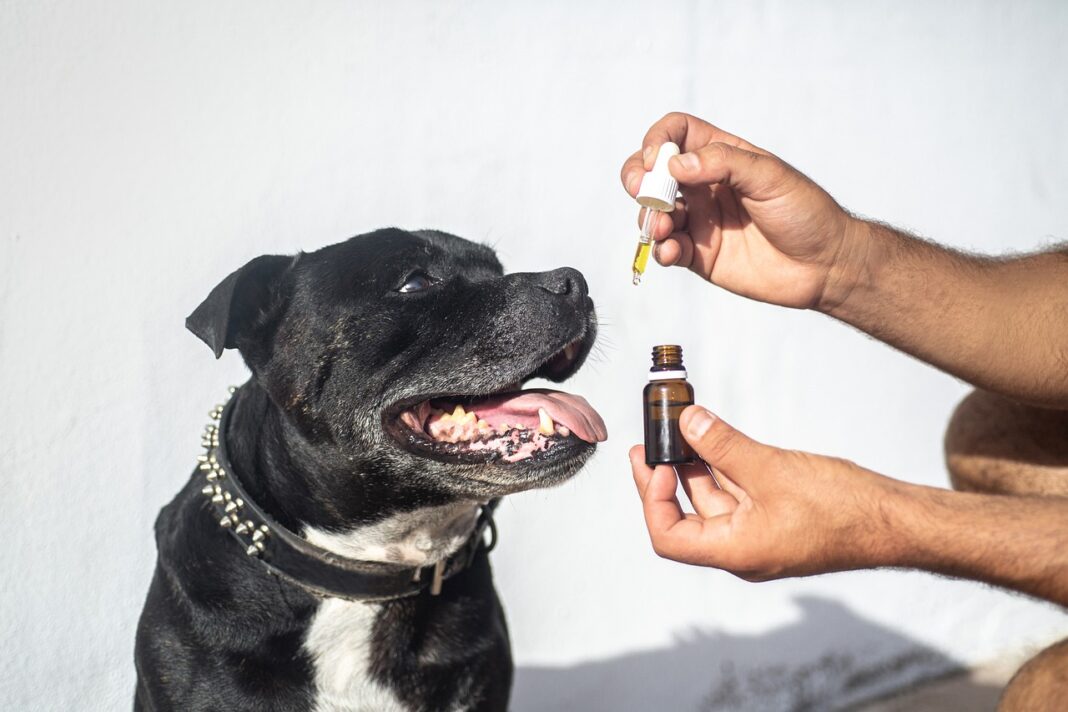As pet owners, ensuring the well-being of our furry companions is a top priority. While conventional veterinary care is crucial, many pet owners are turning to natural remedies as a holistic approach to support their pets’ health. Whether you’re looking to soothe a common ailment or promote overall wellness, natural pet remedies can offer a gentle and effective alternative. This article explores the causes, symptoms, diagnosis, treatment, and prevention of various pet health issues, along with practical tips and examples of natural solutions.
Understanding Common Pet Health Issues
Causes of Common Ailments
Pets can experience a range of health problems, from allergies and digestive issues to anxiety and joint pain. Understanding the underlying causes of these conditions can help in selecting the right natural remedies.
-
- Allergies: Often triggered by environmental factors such as pollen, dust, or certain foods.
-
- Digestive Upset: Causes can include dietary changes, inappropriate food, or stress.
-
- Anxiety: Can stem from various factors including separation, loud noises, or changes in routine.
-
- Joint Pain: Commonly results from age, obesity, or an active lifestyle.
Symptoms to Watch For
Recognizing the symptoms of these conditions is essential for timely intervention. Here are some common signs to look out for:
-
- Allergies: Itching, scratching, hair loss, or gastrointestinal issues.
-
- Digestive Problems: Vomiting, diarrhea, or changes in appetite.
-
- Anxiety: Destructive behavior, excessive barking, or trembling.
-
- Joint Pain: Limping, difficulty rising, or reluctance to play.
Diagnosis: When to Seek Professional Help
While many natural remedies can help alleviate minor symptoms, accurate diagnosis from a veterinarian is crucial for severe cases. When in doubt, always consult with your vet, especially if your pet exhibits any of the following:
-
- Persistent or severe symptoms
-
- Sudden changes in behavior
-
- Signs of pain that seem inconsistent with their usual habits
Professional assessments may include physical exams, blood tests, or allergy tests, ensuring your pet receives appropriate care.
Treatment Options: Natural Remedies to Consider
Homeopathy
Homeopathic treatments can stimulate your pet’s natural healing processes without the side effects associated with conventional medications. Remedies vary based on symptoms, so it’s essential to consult with a professional homeopath familiar with animal care.
-
- Arnica: Effective for bruising and soreness after injuries.
-
- Apis Mellifica: Useful for insect bites and swelling.
Herbal Remedies
Herbs can provide numerous health benefits for pets. Always use high-quality, pet-safe products as some herbs can be toxic.
-
- Chamomile: Known for its calming effects, it can ease anxiety and digestive issues. A chamomile tea infusion added to your pet’s water can help.
-
- Milk Thistle: Supports liver health, particularly beneficial for pets on medications.
Essential Oils
When used correctly, essential oils can offer benefits such as relaxation and improved immunity.
-
- Lavender Oil: Helps in reducing anxiety. Diffusing it in your home can create a calming environment.
-
- Peppermint Oil: Can assist in relieving nausea. Dilute it before applying topically to your pet’s area.
Note: Always consultwith a veterinarian before using essential oils, as some can be toxic to pets.
Diet and Nutrition
A balanced diet plays a significant role in maintaining your pet’s health and can help prevent various ailments.
-
- Probiotics: These beneficial bacteria can improve gut health and digestion. Look for pet-specific probiotic supplements.
-
- Omega-3 Fatty Acids: Found in fish oil, these can reduce inflammation and support joint health. Consider adding fish oil to your pet’s food for overall wellness.
-
- Whole Foods: Incorporate fresh fruits and vegetables like carrots, peas, or blueberries in moderation. These can offer essential vitamins and antioxidants.
Physical Therapies
Incorporating physical therapies can greatly enhance your pet’s quality of life.
-
- Massage: Gentle massage can relieve muscle tension, improve circulation, and promote relaxation in anxious pets.
-
- Acupuncture: This traditional Chinese medicine technique helps alleviate pain and improve overall health. Consult a veterinarian trained in acupuncture for animals.
Prevention: Keeping Your Pet Healthy Naturally
Prevention is always better than cure. Here are some proactive strategies to keep your furry friend healthy and happy:
Regular Veterinary Check-Ups
Routine veterinary check-ups allow for early detection of potential health issues. These visits provide opportunities for vaccinations, dental care, and nutritional advice tailored to your pet’s specific needs.
Stress Management
Creating a stress-free environment at home can benefit your pet’s mental health. Maintain a consistent routine, provide a quiet space for relaxation, and engage in regular playtime to ensure your pet feels secure.
Exercise and Enrichment
Regular exercise is key to your pet’s physical and mental well-being. Daily walks, play sessions, and interactive toys help reduce obesity and anxiety. Engage your pet with puzzles or training sessions to keep their mind sharp.
Healthy Grooming
Regular grooming not only keeps your pet looking their best but also contributes to their health. Brushing removes dead fur, dirt, and allergens. Bathing with natural, pet-safe shampoos helps maintain skin health.
Practical Tips for Implementing Natural Remedies
-
- Research First: Always research any natural remedy you wish to use. Look for credible sources and consider discussing them with your veterinarian beforehand.
- Start Small: Introduce new remedies gradually. Monitor your pet for any adverse reactions, and never force them to accept something they dislike.
- Track Symptoms: Keep a journal of your pet’s symptoms, remedies you’ve tried, and their reactions. This can help you identify what works best.
- Stay Informed: Join pet owner communities or groups focused on natural pet care. Sharing experiences and advice can provide support and improve your knowledge.
- Emphasize Patience: Natural remedies often take time to show effects. Be patient and give your pet’s body time to adjust.
By integrating natural pet remedies into your furry friend’s health care routine, you can foster a holistic approach that may promote well-being and vitality. Remember that a combination of natural and conventional veterinary methods often yields the best results for maintaining your pet’s health.





